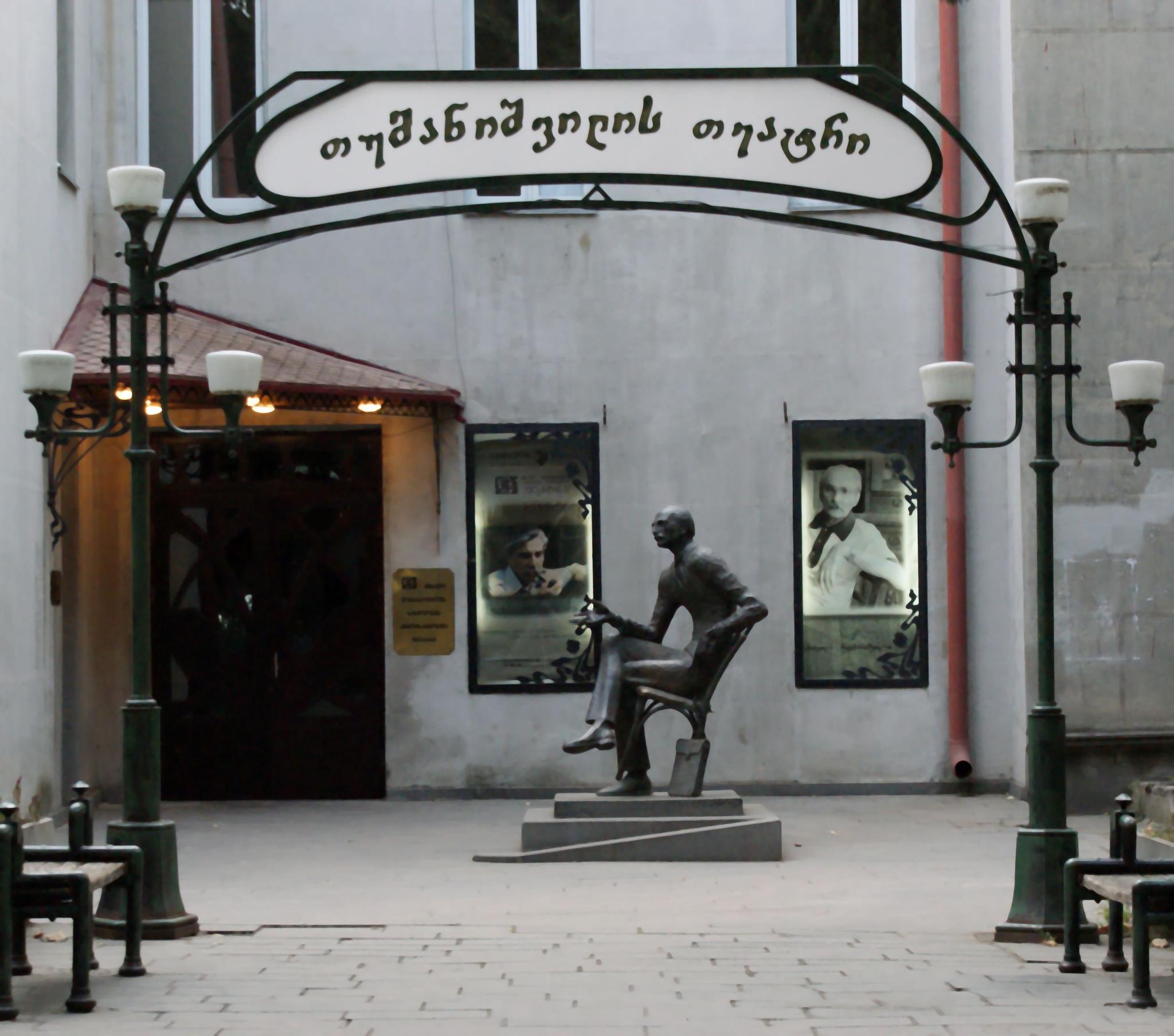The staff reorganization process at the Tumanishvili Theater in Tbilisi has led to gross violations of Georgia’s Labor Code and ignored the interests of employees, the Georgia Fair Labor Platform said today. The Platform also expressed its solidarity with the independent trade union Guild in its fight to protect the labor rights of the theater’s workers.
After the appointment of a new artistic director in spring 2022, the theater carried out a restructuring that resulted in a reduction of personnel and a significant deterioration of labor rights for the remaining employees.
An opaque and unsubstantiated reorganization process
The theater announced earlier this year that the staff and budget restructuring would take place, but did not explain why it was necessary.
Under the Labor Code, the dismissal of employees during a restructuring process is illegal if it is not specifically justified due to economic or other reasons[1]. In this case, the theater did not justify such a need. In fact, in 2022 the theater’s budget increased by 92,700 GEL compared to the previous year.
In addition, the reorganization process took place without consultation with theater employees and trade unions, which also violates the Labor Code.[2]
Reduction of personnel/reassignment to freelance positions
As a result of the restructuring, the number of theater employees decreased from 56 to 46, with the job losses primarily affecting acting staff. Also, according to Guild, the administration approached several employees during the reorganization and asked them to quit.
Some actors were also transferred to freelance “guest actor” contracts. This decision by the theater was entirely unjustified, and materially worsened the workers’ conditions in terms of job stability and social protections.
Equal pay and salary reductions
The employees who were unilaterally transferred to freelance contracts also had their remuneration reduced. At the same time, the salaries of the artistic director and the director increased.
In addition, the staff restructuring introduced sharp salary differences between various theater employees working the same positions – regardless of their contract status. This was also not justified by the theater. The arbitrary differentiation amongst employees heightens the risk that management will make unpredictable and discriminatory decisions about remuneration, promotions and other working conditions.
Illegal short-term employment contracts
Also worrying is the theater’s use of short-term contracts for non-freelance staff. After the restructuring, a significant portion of the theater’s employees were shifted to 8-month contracts. This directly contradicts the Labor Code, which bans labor contracts for a period of less than one year, except in very limited circumstances.[3]
It should be noted that the culture sector is permeated by systemic labor rights violations, which are often disguised by the specifics of the field and the type of work performed by the persons employed in it. As a result, these violations are not properly addressed.
Unfortunately, the situation at the Tumanishvili Theater is not an isolated case. This latest case is a continuation of the illegal personnel purge in this field, which began after the appointment of the new Minister of Culture.
In light of the above, the Fair Labor Platform expresses its solidarity with the persons employed in the “Mikhail Tumanishvili Professional State Theater of Film Actors” and calls for the following to ensure their fair working conditions:
- The Umanishvili Theater’s management must ensure that labor contracts and labor conditions in the theater are in full compliance with the Labor Code. As part of this process, they must engage in active consultation and cooperation with the independent unions representing the workers.
- The Labor Inspectorate should immediately inspect working conditions at the Tumanishvili Theater, including the legality of short-term labor contracts, and issue appropriate instructions to restore the labor rights of the persons employed in the theater.
This statement is endorsed by the following member organizations of the Fair Labor Platform:
- Social Justice Center
- Union of Social Workers
- Georgian Young Lawyers’ Association (GYLA)
- Trade Union of Healthcare and Service Sectors – “Solidarity Network”
- Tbilisi Metropolitan Independent Trade Union – “Ertoba 2013”
- New Confederation of Trade Unions (NCIU).
[1] Reorganization is legitimate if it is determined that, taking into account its content, the employer is faced with the necessity of dismissing an employee from a specific position due to economic hardship, cuts in wages and/or salaries, or other objective needs (SUSG Noas-194-185-2016, 29.07.2016).
[2] Article 79 of the Labor Code.
[3] Article 12 of the Labor Code. The need to conclude a short-term labor contract cannot be justified by the special provisions of the “Law on Professional Theater” regarding the duration of the labor relationship. See Article 10(3-d), https://matsne.gov.ge/ka/document/view/1900035%C2%A02?publication=5
Photo © Tumanishvili Film Actors Theater Facebook page.



